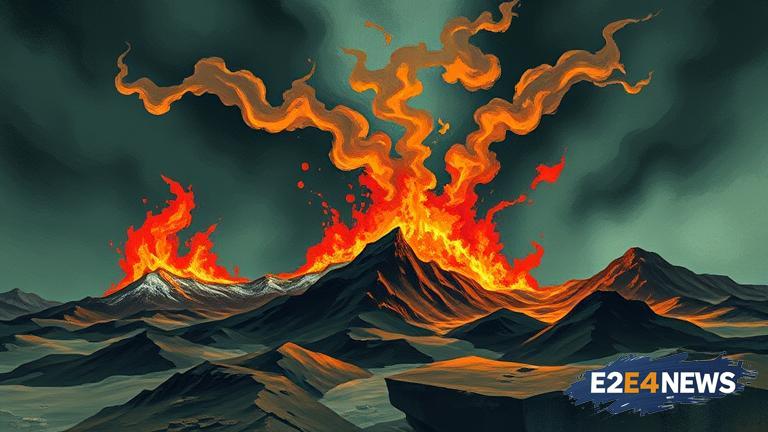Climate change has become one of the most pressing issues of our time, with far-reaching consequences for the environment, human health, and the economy. Despite the overwhelming scientific evidence, some individuals and groups continue to deny the reality of climate change, often with devastating consequences. Dennis Minott and Denise Forrest, two renowned experts in the field, argue that denying climate change should be considered a crime, given its severe consequences on the environment and human societies. They point out that climate change denial is not just a matter of opinion, but a deliberate attempt to mislead the public and undermine efforts to address the crisis. The consequences of climate change are already being felt, from rising sea levels and more frequent natural disasters to devastating heatwaves and droughts. The World Health Organization (WHO) estimates that between 2030 and 2050, climate change will cause approximately 250,000 additional deaths per year, mainly due to malnutrition, malaria, diarrhea, and heat stress. Furthermore, the economic costs of climate change are staggering, with estimates suggesting that it could lead to a loss of up to 11% of global GDP by 2100. In addition to the human and economic costs, climate change also poses a significant threat to biodiversity, with many species facing extinction due to rising temperatures and changing ecosystems. The science is clear: human activities, particularly the burning of fossil fuels and deforestation, are releasing large amounts of greenhouse gases, such as carbon dioxide and methane, into the atmosphere, leading to a global average temperature increase of over 1°C since the late 19th century. The Intergovernmental Panel on Climate Change (IPCC) warns that in order to limit global warming to 1.5°C above pre-industrial levels, we must reduce greenhouse gas emissions by 45% by 2030 and reach net-zero by 2050. However, despite the urgency of the situation, some individuals and groups continue to deny the reality of climate change, often citing flawed or misleading information. This denial is not just a matter of opinion, but a deliberate attempt to mislead the public and undermine efforts to address the crisis. It is imperative that we take a strong stance against climate change denial and hold those responsible accountable for their actions. This can be achieved through education and awareness-raising campaigns, as well as through policy and legislative changes that promote climate action and penalize climate change denial. Moreover, it is essential that we support and amplify the voices of climate change activists, scientists, and experts who are working tirelessly to raise awareness about the crisis and promote climate action. We must also recognize the disproportionate impact of climate change on vulnerable populations, including low-lying coastal communities, indigenous peoples, and small-island developing states. These communities are often the most vulnerable to the impacts of climate change, yet they have contributed the least to greenhouse gas emissions. It is our moral obligation to support and protect these communities, and to ensure that they have access to the resources and support they need to adapt to the changing climate. In conclusion, climate change denial is a serious issue that demands accountability and action. We must work together to promote climate awareness, support climate action, and hold those responsible for climate change denial accountable for their actions. The future of our planet depends on it. The clock is ticking, and it is imperative that we take immediate action to address the climate crisis. We owe it to ourselves, our children, and future generations to act with urgency and determination to mitigate the effects of climate change. The time for denial and delay is over; the time for action is now. By working together, we can create a more sustainable and equitable future for all, and ensure that the devastating consequences of climate change are avoided.
